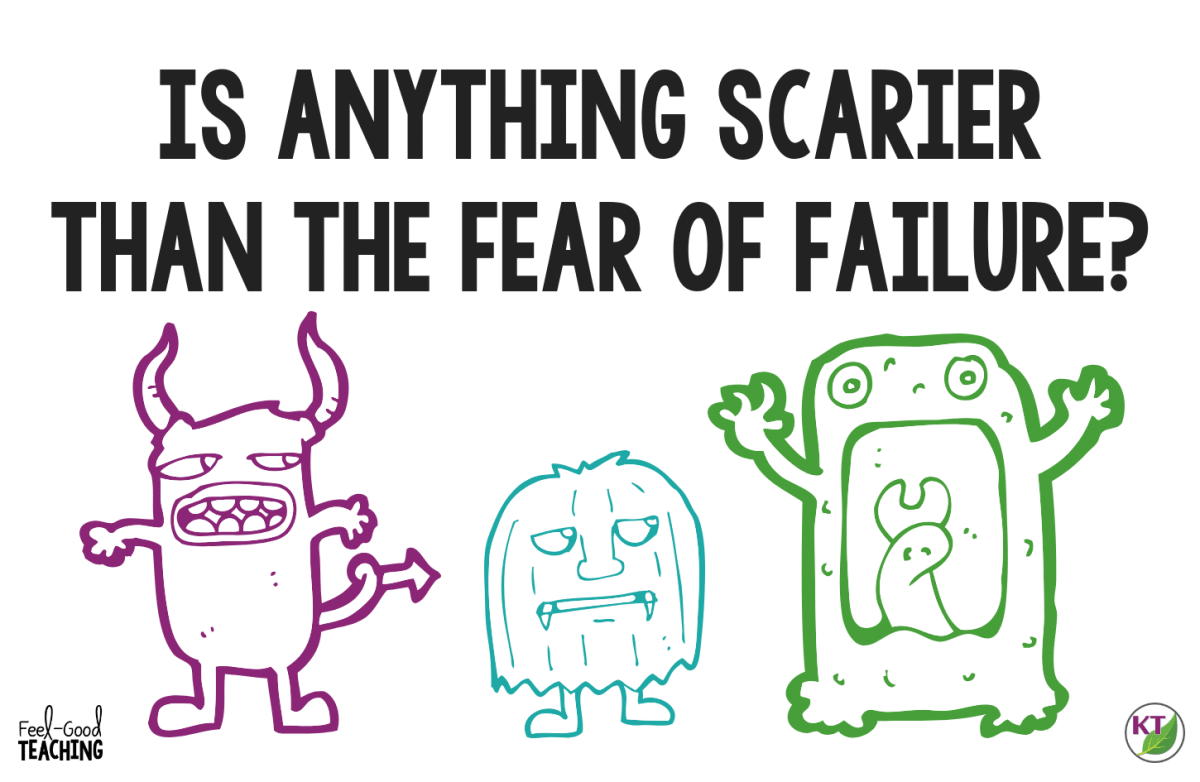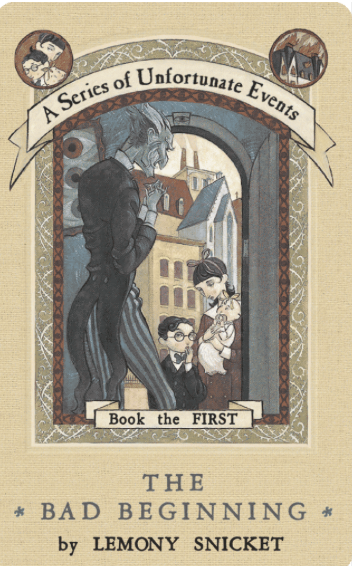Mental fatigue, overconsumption of short-form content, and drastic changes in attention span— if you are experiencing any of the following symptoms, I am sorry to report that you have the condition “brain rot.” Brain rot is the common slang term accounting for the daily overconsumption of seemingly shallow, mindless content for the sake of entertainment. With the rise of social media, countless patients suffer from “brain rot” around the world. What is the root cause behind such a phenomenon? Is the pursuit of vacuous entertainment the source of brain rot, or is it something deeper?
As a Generation Z student, I have witnessed the evolution of memes from relatable jokes to the heights of absurdity. (Skibidi toilet, anyone?) Nowadays, people celebrate being chronically online as an identity, persistently citing the latest slang terms such as “rizz,” “sigma,” “alpha,” and “yolo” in everyday conversations. Apart from internet slang, brain rot also comes in other forms, such as ASMR, X (formerly known as Twitter) memes, unboxing videos, and mukbang feasts (content in which the host consumes various foods). Nonetheless, these forms of brain rot all follow the same pattern: They all waste our time.
Our youth may find pride in staying updated with the latest trends, but they unwittingly dismiss the sinister nature of overconsumption of silly jokes. Their recollection of recently watched content is largely blank, and overconsumers do not realize the great number of disadvantages these short bursts of instant gratification have on their well-being.
Social media user Trevor Graves (12) admitted to feeling dissatisfied after using TikTok: “After scrolling, I feel nothing, which is exactly how those [reels] are meant to leave you feeling.” For Graves to be productive, “much work had to be done, usually in succession.” His crippling addiction has reached the extent to which “nowadays, it’s a miracle if I’ve done half before 10 p.m.” He lamented how whether “I’m studying, practicing, or just trying to sleep, my brain defaults to grabbing my phone and starting scrolling before inevitably repeating the cycle.”
Even the most disciplined of social media users may find their self-control tested against custom-tailored algorithms catering to their every interest. “With the powerful algorithm of reviewing your likes, dislikes, and sorting your ‘For You’ pages, it makes it incredibly difficult to feel the inclination to stop,” Tumblr user Muna Amir (12) explained. Like Amir, millions of other students feel similarly about short-form content, ultimately going down a content rabbit hole and finding it difficult to climb out.
In an article for The Guardian titled “Is doom scrolling really rotting our brains? The evidence is getting harder to ignore,” writer Sian Boyle gathered academic research from reputable institutions, including Harvard Medical School, the University of Oxford, and King’s College London about the internet’s effects on our cognitive ability. What answers she found were deeply concerning: “The internet is shrinking our grey matter, shortening attention spans, weakening memory and distorting our cognitive processes.” Along with deteriorating our mental abilities, short-form content also hurts our attention spans. Dr. Gloria Mark, a professor of informatics at the University of California, researched the gradual decrease of attention spans since 2004. From two and a half minutes in 2004, the average person’s attention span decreased to 75 seconds in 2012, then down to a mere 47 seconds in 2019. This is an alarming trend, and I’d hate to imagine what predictions for 2025 must be with the ever-increasing usage of short-form content.
The science behind the instant gratification offered by social media gives an explanation for its addictive nature. Short-form content holds the same purpose as energizing dopamine boosts to our bodies, serving as “an online feed that constantly ‘refills’ and manipulates the brain’s dopaminergic reward system.” As a result, lack of self-control is not entirely to blame— from the algorithm to its conceptual core, short-form content consumption is designed to be dangerously addictive.
Despite the innumerable disadvantages of short-form content, it’s a useful device for sparking and maintaining genuine friendships — all it takes is a joke. Max Libertor (11) highlighted how “brain rot allows us to have meaningful connections with our friends” and how the “jokes are only funny with the right people around you.”
The sensation of sharing a joke with loved ones makes the moment special, irrespective of the seemingly incomprehensible humor itself. “When older people use Gen Z vocabulary around others, it makes for quite a spectacle!” Amir laughed. She encapsulated brain rot’s love-hate relationship best: “Maybe a friendship can start from a funny meme or clip from your favorite TV show.”
Having once been a mindless content consumer, I now firmly oppose brain rot and infinite scrolling. I would be incapable of recalling what I watched mere seconds ago, my vocabulary plummeted, and general conversations vexed me. When I found myself beginning to scroll, I would ask myself, “Will this help me in any way? Am I learning something valuable?” Though I still seek enjoyment, I now choose other sources that enrich my mind and spirit. Spending quality time with friends, playing with pets, or watching a nice, long movie genuinely fulfill me. Perhaps it would be advisable to put the phone down— your brain deserves better.









